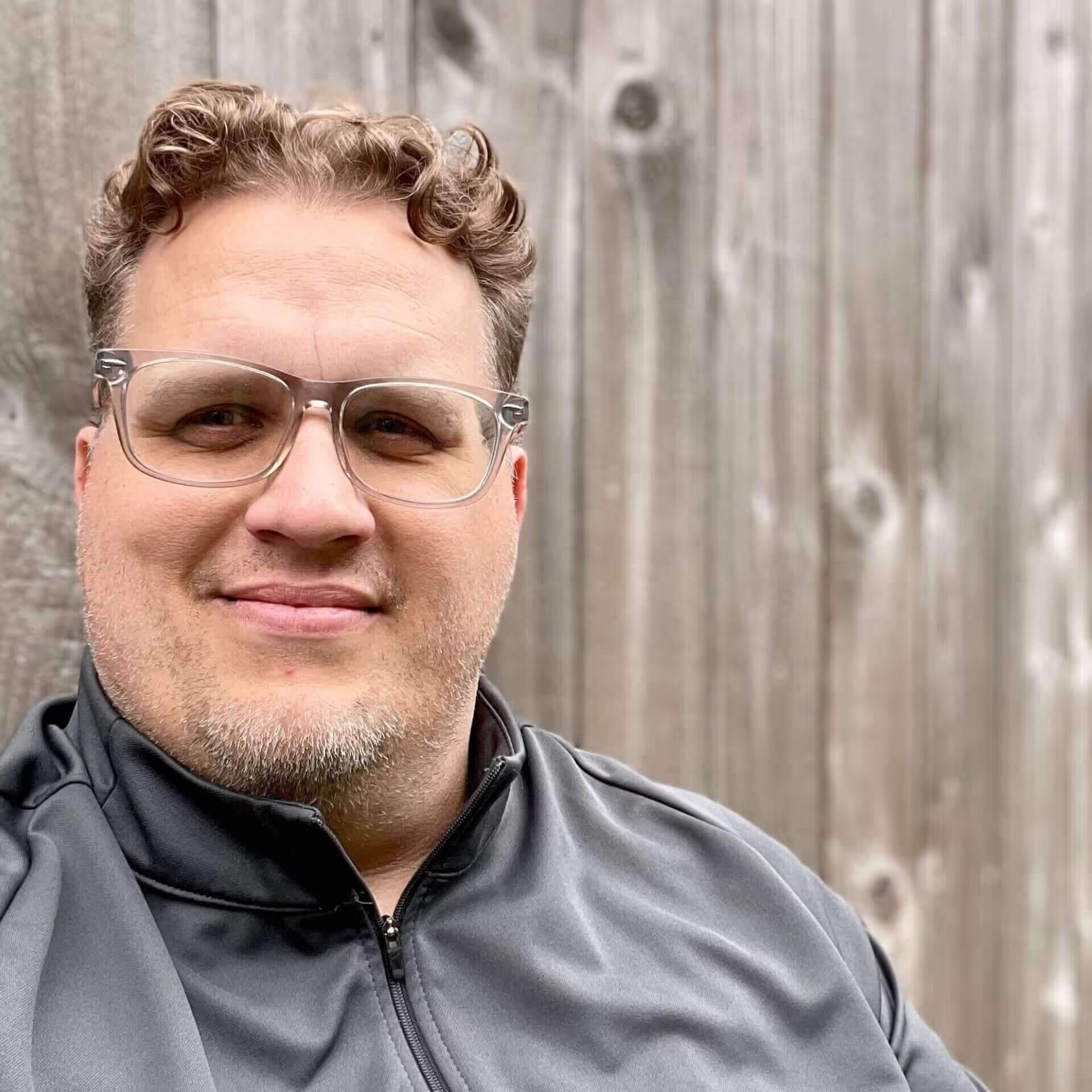Coaching is Caring
When Andrew Stanfield talks about how InsideTrack’s coaching methodology supports learners — or how the internal crisis support team brings their skills to both learners and coaches — one word always rises to the top: Caring.
Over the course of their daily interactions with learners, coaches sometimes run across students who are experiencing a crisis — anything from food or housing insecurity to mental health issues or domestic violence. When that happens, coaches can pull in the InsideTrack Crisis Support Services (CSS) team — a specially trained and certified team uniquely qualified to assess and stabilize the situation, then connect the student with campus, community and other available resources.
“I remember the first time I had to reach out to the CSS team,” Andrew recalls. “Not only was I grateful to have that support available to the learner right away, when they really needed it, but I was surprised to receive follow-up check-ins from the CSS team to see how I was doing after the call.”
Andrew first encountered the concept of coaching when he participated in sports as a kid. “I was lucky to have coaches who poured themselves into my development,” he says. “But I recognize that not everyone’s experience is like that.” So one of the first questions he asks a learner is, ‘What do you think of when you hear the word coach?’ It opens the door to either let them tell me what kind of coaching they respond to or what they think we do, and it's a good way into the conversation of what kind of coaching I can offer.”
Andrew credits his onboarding experience and InsideTrack’s Foundational Coach Training for helping him better understand the nuances of conversing with students. “Each learner is their own person,” he notes, “so there is no formula that works for everyone.” Again, he cites the preparation and training he received during his onboarding — including the skills and techniques he learned — as being superb. “When I get on a call to connect with a learner, being able to invest in them and feel like I’m making a connection that will actually be helpful to them is pretty awesome. It's truly rewarding.”
Outside of work, Andrew is known to frequent the stage at open-mic comedy events. “Humor is something that's very important to me.” He does his best to bring some levity into his InsideTrack team meetings and his conversations with learners as well. “If humor can build a connection or be a spot of sunshine for somebody, I’m here for it.”
Whether it’s sharing new coaching strategies with colleagues, connecting with learners or even doing a bit of stand-up comedy at a local club, for Andrew, it all comes back to caring. “When I think about being a coach, I think about caring. Whether it's the organization or the employees or the skills we use to reach learners every day, it’s all care-based. And it’s a great thing to be a part of.”
“When meeting new learners, I like asking about their story more than just their situation. I aim to understand why they are doing what they're doing. That sense of curiosity and overall care can create connections.”
Meet Other Coaches
Want to learn more about our approach to coaching?
See how our coaches apply our evidence-based, research-confirmed coaching methodology to advance the learners they work with.







.avif)

